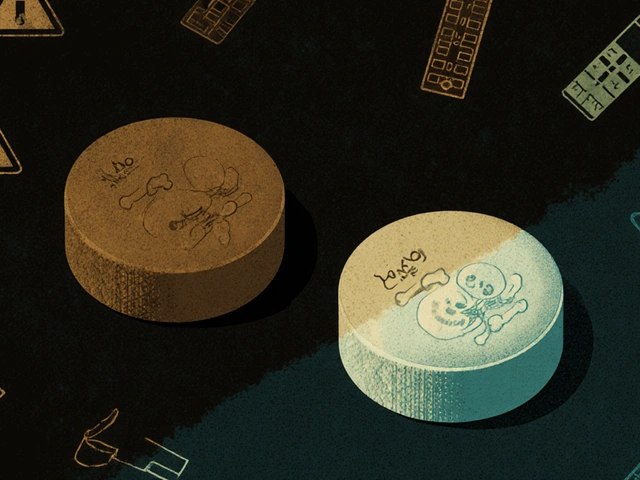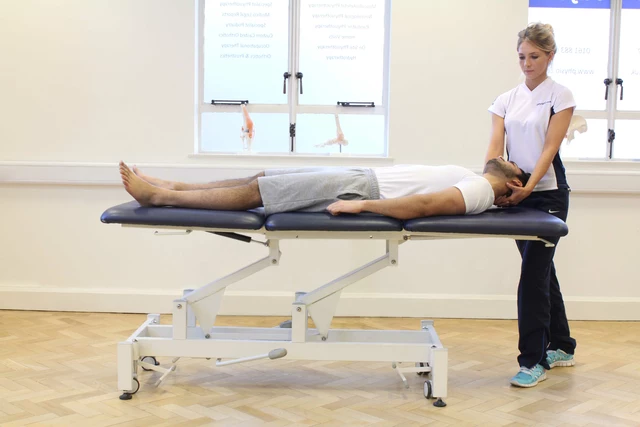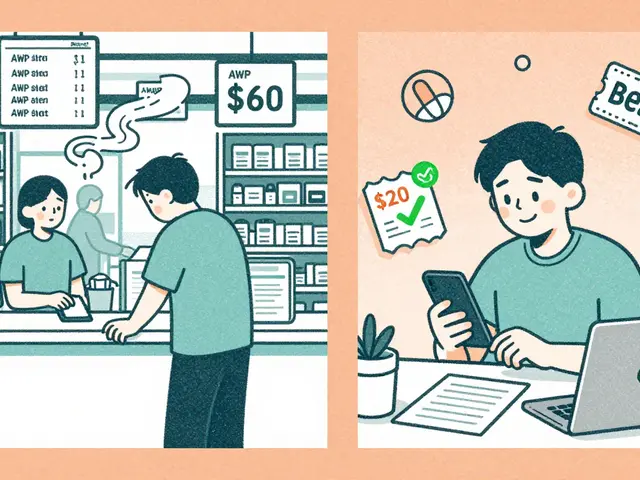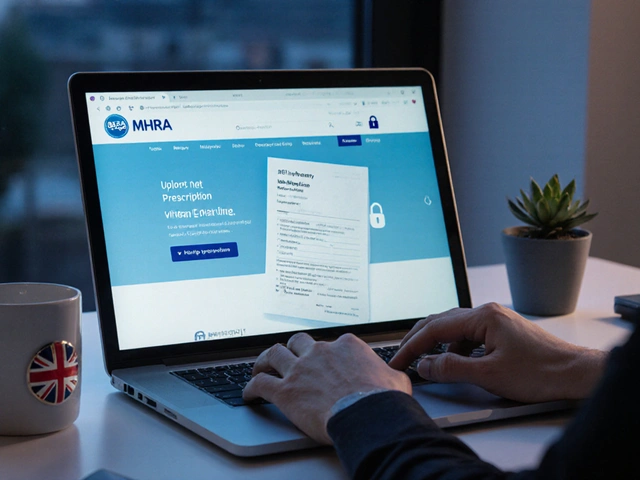Nutrient Absorption: Simple Ways to Get More From Your Food
Ever wonder why you feel full but still low on energy? It often comes down to how well your gut pulls nutrients into the bloodstream. Absorption isn’t magic – it follows clear steps, and a few everyday habits can make a big difference.
What Affects Nutrient Absorption?
First, digestion breaks down food into tiny particles. Enzymes and stomach acid do the heavy lifting, turning proteins into amino acids, carbs into sugars, and fats into fatty acids. If any part of that chain stalls, the nutrients stay stuck in the gut.
Things that slow the process include low stomach acid, gut inflammation, and certain medications. For example, proton‑pump inhibitors (the drugs many take for heartburn) reduce acid, which can lower iron and calcium uptake. Similarly, antibiotics can knock out friendly bacteria that help synthesize vitamin K and B‑complex vitamins.
Age matters too. As we get older, the lining of the small intestine thins, and the body makes fewer transport proteins. That’s why older adults often need higher‑dose supplements or fortified foods.
Practical Ways to Improve Absorption
Eat a balanced mix of macronutrients at each meal. Fat‑soluble vitamins (A, D, E, K) need some dietary fat to get absorbed, so pairing a salad with olive oil or avocado does more than add flavor – it unlocks the vitamins.
Space out iron‑rich foods and calcium‑rich foods. Calcium can compete with iron for the same transport channels, so avoid taking a calcium supplement right after a steak or beans. Instead, have them an hour apart.
Stay hydrated but don’t over‑drink with meals. Too much water dilutes stomach acid, making it harder to break down food. A glass of water is fine; a liter during dinner can hinder absorption.
Include probiotic‑rich foods like yogurt, kefir, or fermented veggies. A healthy gut flora produces short‑chain fatty acids that improve the gut lining’s ability to pull nutrients through.
Mind your coffee and tea timing. The tannins in tea and the compounds in coffee can bind to iron and zinc, reducing their uptake. If you love a morning brew, try to have it 30 minutes before or after your iron‑rich breakfast.
Finally, consider timing of supplements. Some are best taken on an empty stomach (like certain B‑vitamins), while others need food (like fat‑soluble vitamins). Reading the label or asking a pharmacist can save you from wasted pills.By tweaking these simple habits, you give your body a clearer path to pull in the vitamins, minerals, and other nutrients it needs to keep you feeling sharp and healthy.










